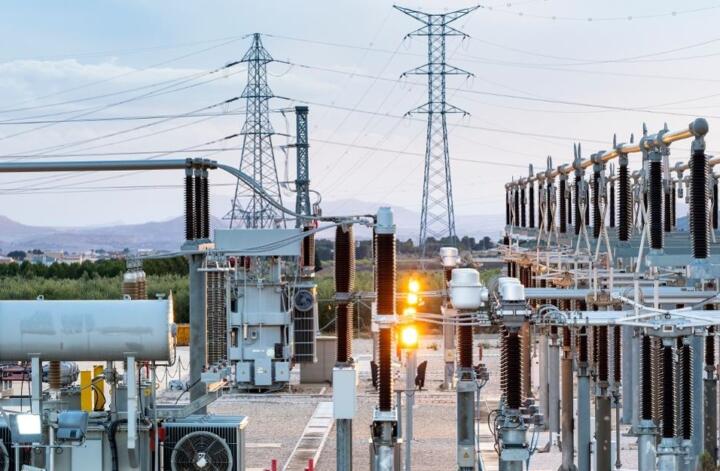The Federal Government of Nigeria is targeting an additional 1,268 megawatts (MW) of electricity generation capacity through the commissioning of eight new power plants. This strategic move aims to address the ongoing challenges in the power sector, enhance energy supply, and contribute to economic development. The Infosride explores the details of the plan, the potential impact on the power landscape, and the broader implications for various sectors.
Overview of the Federal Government’s Plan:
1. Capacity Addition:
– The plan involves the commissioning of eight new power plants with a combined capacity of 1,268MW. This addition to the power generation infrastructure is intended to supplement existing capacity and meet the growing demand for electricity across the country.

2. **Diverse Energy Sources:**
– The power plants are expected to utilize diverse energy sources, contributing to a more balanced and resilient energy mix. This may include a combination of gas-fired, renewable, and other sources, ensuring reliability and sustainability in power generation.
3. **Strategic Deployment:**
– The selection of locations for these power plants is likely to be strategic, focusing on areas with high electricity demand and those facing consistent energy deficits. By strategically deploying new capacity, the government aims to address specific regional and sectoral needs.
**Potential Impact on the Power Landscape:**
1. **Improved Energy Supply:**
– The commissioning of the eight new power plants is poised to improve overall energy supply. Increased generation capacity can help mitigate power shortages, reduce the frequency of outages, and contribute to a more reliable electricity grid.
2. **Enhanced Economic Productivity:**
– A boost in electricity generation capacity has the potential to enhance economic productivity across various sectors. Industries, businesses, and households will benefit from a more stable and available power supply, supporting increased economic activities.
3. **Diversification of Energy Sources:**
– The inclusion of diverse energy sources in the new power plants aligns with the goal of diversifying Nigeria’s energy mix. This not only enhances energy security but also contributes to sustainability by incorporating cleaner and renewable sources into the generation portfolio.
**Broader Implications for Various Sectors:**
1. **Industrial and Commercial Growth:**
– Industries and commercial enterprises heavily reliant on electricity for operations stand to benefit from increased generation capacity. The additional power supply can support industrial growth, stimulate commercial activities, and attract investments in various sectors.
2. **Job Creation Opportunities:**
– The development and operation of new power plants can create job opportunities across the value chain. From construction and maintenance to operational roles, the power sector expansion can contribute to employment generation and skill development.
3. **Infrastructure Development:**
– Power generation projects often involve significant infrastructure development. The construction and commissioning of new power plants can lead to improvements in associated infrastructure, including transmission and distribution networks, contributing to overall infrastructure development.
**Government’s Commitment to Power Sector Reform:**
1. **Policy Alignment:**
– The initiative to commission new power plants aligns with the government’s commitment to ongoing power sector reforms. It reflects a proactive approach to addressing the challenges in the sector and implementing policies that support increased generation capacity.
2. **Private Sector Participation:**
– The government’s engagement with the private sector in developing and operating these power plants underscores the importance of private sector participation in achieving sustainable and efficient power generation.
**The Infosride’s Ongoing Coverage:**
As the Federal Government aims for a 1,268MW output boost from eight new power plants, The Infosride remains committed to providing ongoing coverage. Stay tuned for updates on the progress of these power projects, insights into the evolving power sector landscape, and comprehensive reporting on Nigeria’s efforts to enhance energy supply and drive economic development.
Support InfoStride News' Credible Journalism: Only credible journalism can guarantee a fair, accountable and transparent society, including democracy and government. It involves a lot of efforts and money. We need your support. Click here to Donate
